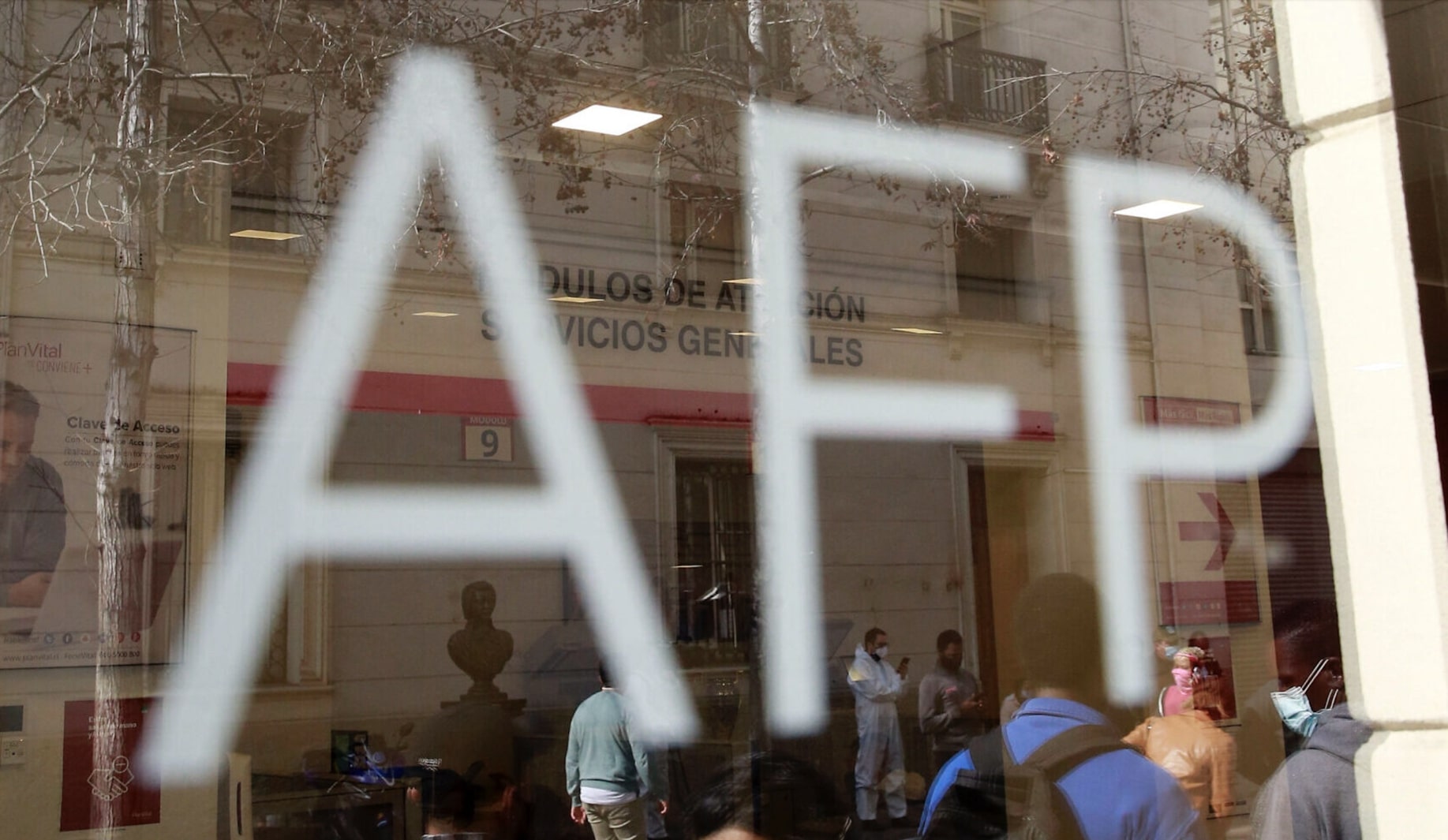Donald Trump continues to fulfill his campaign promises. On Thursday, the U.S. president signed an executive order to allow the inclusion of private equity, real estate, cryptocurrencies, and other alternative assets in 401(k) retirement accounts in order “to enable investors to access alternative assets for better returns and diversification,” according to the official statement released by the White House.
The order paves the way for private equity managers and other funds to access the trillions of dollars (American trillions) in Americans’ retirement savings.
“It could open a new and broad source of funding for managers of so-called alternative assets, outside of stocks, bonds, and cash, although critics claim it could also pose an excessive risk to retirement investments,” reported the Reuters agency.
According to Bloomberg, the order is “a big win for industries seeking to tap into some of the approximately $12.5 trillion (American trillions) held in those retirement accounts.”
“The order instructs the Securities and Exchange Commission (SEC) to facilitate access to alternative assets for participant-directed defined contribution retirement plans by reviewing applicable regulations and guidelines,” a White House official stated in the morning under condition of anonymity, according to the cited sources.
The document instructs the Secretary of Labor to reexamine the Department of Labor’s guidelines on fiduciary duties related to investments in alternative assets within 401(k) plans and other defined contribution plans regulated by ERISA. It also instructs the Secretary of Labor to clarify the Department’s stance on alternative assets and the proper fiduciary process associated with offering asset allocation funds that include investments in alternative assets.
Initial Reactions
The new investment options have less stringent disclosure requirements and are generally harder to sell quickly for cash compared to publicly traded stocks and bonds, which most retirement funds rely on. In addition, investing in them usually involves higher fees, Reuters noted.
Many private equity firms are eager for the new source of cash that retail investors could provide after three years in which high interest rates shook their traditional model of buying companies and selling them for profit.
“The entire market cap of the crypto market as a whole is nearly 4 trillion,” Iñaki Apezteguia, a Bitcoin specialist and co-founder of Crossing Capital, told Funds Society. “So the amount of money handled in crypto could triple with this availability of pension funds; it’s a huge advancement,” he added.
The expert clarified that this does not mean all the money would go into crypto. “But globally respected analysts, among them Ray Dalio,” he stated, “say that about 15% of a portfolio’s capacity should be allocated to investing in Bitcoin and cryptocurrencies. So we’re talking about a possible injection of massive institutional capital and allowing many people nearing retirement to access diversification of the money tied to their retirement. Bitcoin further legitimizes its place as a global store of value.”
“The approval of the Genius, Clarify, and anti-CBDC laws, the White House’s crypto report, the appointment of key figures in regulatory agencies who are sympathetic to the financial world and have a pro-crypto outlook, and even his own approach of accumulating cryptocurrencies through his companies, both Bitcoin and Ethereum — Trump’s new order is in line with all of this,” said Apezteguia, referencing his campaign announcements.
In fact, the final lines of the official statement announcing the executive order include references to Trump’s promise to make the United States the “world capital of cryptocurrencies,” emphasizing the need to embrace digital assets to boost economic growth and technological leadership.
Not an Immediate Effect
For plan sponsors, the order does not immediately change existing regulations. Jaret Seiberg, a financial services policy analyst at TD Cowen Washington Research Group, said in a note published by CNN that “agencies will still have to develop new rules. That could take until 2026.”
For their part, employers will have to conduct their own due diligence before offering new investment options. Lisa Gómez, former Assistant Secretary of Labor for Employee Benefits Security, told CNN: “It’s going to be more complicated.”
Private market assets have traditionally been excluded from 401(k) plans due to high fees, lack of transparency, and longer lock-up periods, CNBC noted.




